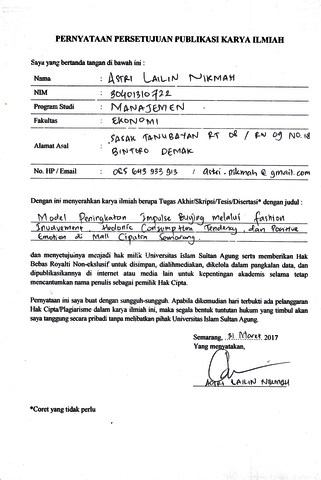
“Collative Variables and Conflict.” In R. Implications for variety seeking are discussed.īerlyne, D. Thus, the present studies suggest the intriguing possibility that participants' variety seeking did not reflect local or global maximization. That individuals continued to choose variety even at the very end of the experiments also suggests that they were not maximizing globally. This indicates that participants who did not choose the favored song in the latter case were not maximizing locally. Additionally, in Study 2, more participants chose their favorite song on a given trial when it was the last trial of the block than when the block was expected to continue. In both studies, participants switched to the less-preferred songs before their ratings of the favored songs had declined to the level of the less-preferred songs. Participants' choices and ratings indicate that they did not maximize locally. In Study 2, participants made repeated choices between a liked song and two less-preferred songs. In Study 1, participants made repeated choices between one liked song and one disliked song. If you do not receive e-mail in your 'inbox', check your 'bulk mail' or 'junk mail' folders.Two experiments investigated whether individuals choose to listen to songs that maximize their enjoyment on each trial (local maximization) or across the sequence of trials (global maximization). To make sure that you can receive messages from us, please add the '' domain to your e-mail 'safe list'. Journal of Educational and Social Research ISSN 2239-978X(Print) ISSN 2240-0524(Online)Ĭopyright © MCSER-Mediterranean Center of Social and Educational Research This work is licensed under Creative Commons Attribution 3.0 License. Finally results have been analyzed and discussed.

In accordance with the descriptional and relational model of research, several tests were applied to the data using SPSS and Lisrel. Due to the fact that the universe comprised of Italians, the survey instrument was translated from its original language English to Italian by using the methods of back-translation and pre-test. The universe of the research has been detected as the students of University of Turin – Italy. The survey instrument has been formed by using four scales from the existing literature.

With the purpose of detecting the relations of hedonic consumption, self identity and self-esteem with consumer innovativeness, a quantitative research has been carried out. The focus of this research is the relation of consumer innovativeness with hedonic consumption, social identity and self-esteem. Consumer innovativeness indicates the the degree of consumers’ tendency to buy new products, services or brands.


 0 kommentar(er)
0 kommentar(er)
